- Home›
- Healthy Living›
- 9 Calcium-Rich Alternatives To Milk
9 Calcium-Rich Alternatives To Milk
By: Priyanka Maheshwari Sat, 01 July 2023 09:04:28
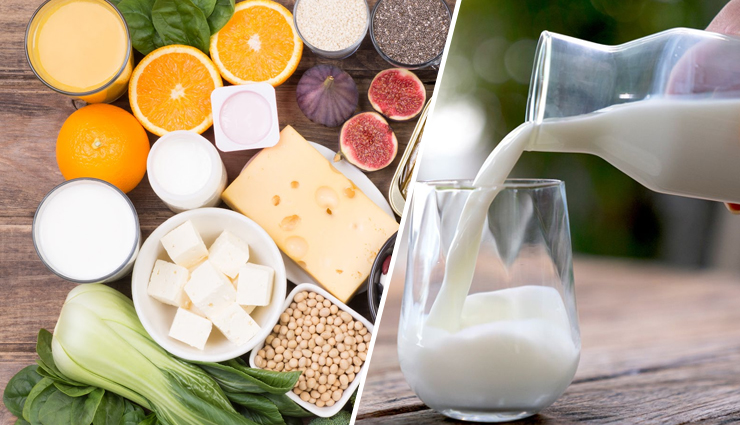
Calcium is a chemical element with the symbol Ca and atomic number 20. It is an essential mineral that plays a vital role in the human body. It is the most abundant mineral in the body and is primarily known for its importance in building and maintaining strong bones and teeth. In terms of dietary intake, calcium must be obtained from external sources as the body cannot produce it on its own. Dairy products like milk, cheese, and yogurt are well-known sources of calcium.While milk is often hailed as a primary source of calcium, it is important to note that there are numerous alternatives available for those who choose not to consume dairy products. In this article, we will explore 9 nutrient-rich foods that can help you meet your daily calcium needs while avoiding milk.
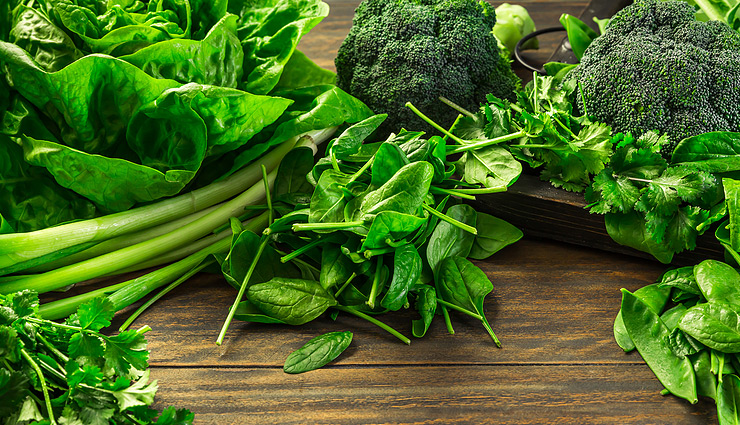
# Leafy Greens
Leafy green vegetables are an excellent source of calcium, providing a valuable addition to a calcium-rich diet. Here are some examples of leafy greens and their approximate calcium content per 100 grams:
Kale: Kale is a nutritional powerhouse and contains about 150 mg of calcium. It is also packed with vitamins A, C, and K, as well as fiber and various antioxidants.
Spinach: Spinach is another leafy green that is rich in calcium, offering approximately 99 mg per 100 grams. It is also a good source of iron, vitamins A and C, and folate.
Collard Greens: Collard greens provide a significant amount of calcium, with around 232 mg per 100 grams. They are also rich in vitamin K, vitamin A, and fiber.
Broccoli: Although not classified as a leafy green, broccoli is a cruciferous vegetable that contains a moderate amount of calcium. It offers about 47 mg of calcium per 100 grams and is also a great source of vitamin C, fiber, and various antioxidants.
Bok Choy: Bok choy, a type of Chinese cabbage, contains approximately 105 mg of calcium per 100 grams. It is low in calories and high in vitamins A, C, and K, making it a nutritious choice.
Swiss Chard: Swiss chard is rich in calcium, providing around 58 mg per 100 grams. It is also a good source of vitamins A, C, and K, as well as iron and fiber.
Incorporating these greens into your diet through salads, stir-fries, or smoothies can provide a healthy dose of calcium.
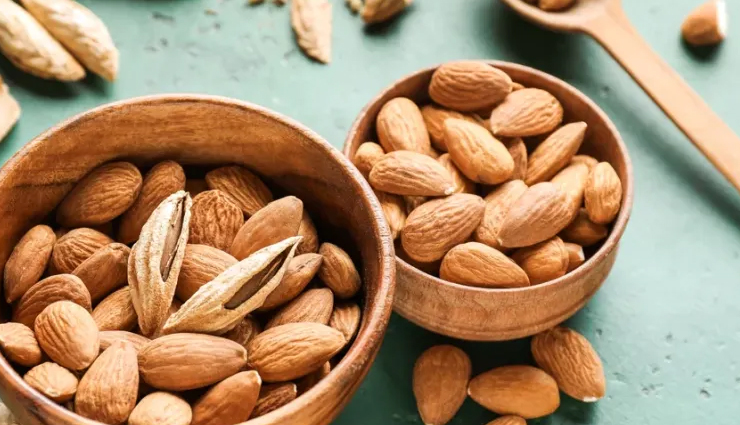
# Almonds
Almonds are not only a delicious and nutritious snack but also a good source of calcium. On average, 100 grams of almonds contain about 264 milligrams of calcium. Keep in mind that this value can vary slightly depending on the size and variety of almonds. In addition to calcium, almonds offer several other health benefits. They are rich in healthy fats, particularly monounsaturated fats, which can support heart health. Almonds are also a good source of vitamin E, fiber, and protein, making them a nutritious addition to your diet. You can enjoy almonds as a snack or add them to salads, yogurt, or homemade granola for an extra crunch.
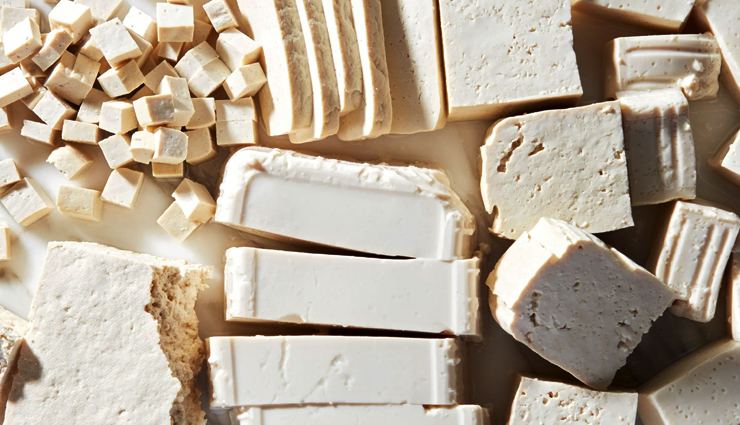
# Tofu
Tofu, made from soybeans a popular plant-based protein source, is also a good source of calcium. The calcium content in tofu can vary depending on the type and the brand. Here's an approximate calcium content in tofu:
Firm tofu: On average, 100 grams of firm tofu contains about 350 milligrams of calcium. This makes tofu an excellent choice for individuals looking for calcium-rich alternatives to dairy products.
Silken tofu: Silken tofu, with its softer and smoother texture, contains a slightly lower amount of calcium compared to firm tofu. On average, 100 grams of silken tofu provides approximately 130 milligrams of calcium.
Calcium-set tofu: Some brands produce tofu specifically fortified with extra calcium to enhance its nutritional value. These calcium-set tofu varieties can provide even higher levels of calcium, sometimes exceeding 500 milligrams per 100 grams.
Apart from being a good source of calcium, tofu offers numerous health benefits. It is low in saturated fat, cholesterol-free, and provides essential amino acids, iron, and other minerals. Tofu is also versatile in cooking and can be used in a wide range of dishes, including stir-fries, soups, salads, and even desserts.
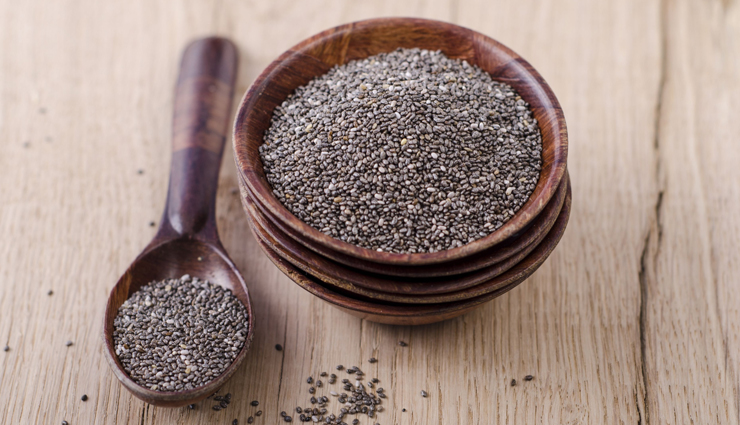
# Chia Seeds
Chia seeds, tiny black or white seeds derived from the plant Salvia hispanica, are not only known for their nutritional benefits but also contain a notable amount of calcium. On average, 100 grams of chia seeds contain about 631 milligrams of calcium. This makes them an excellent plant-based source of calcium. Keep in mind that the typical serving size of chia seeds is smaller, usually around one to two tablespoons, which would provide a smaller amount of calcium accordingly.
Chia seeds offer more than just calcium. They are rich in omega-3 fatty acids, fiber, protein, and various micronutrients. Additionally, chia seeds have a unique ability to absorb liquid, creating a gel-like consistency when soaked. This makes them a popular ingredient in puddings, smoothies, oatmeal, and baked goods.
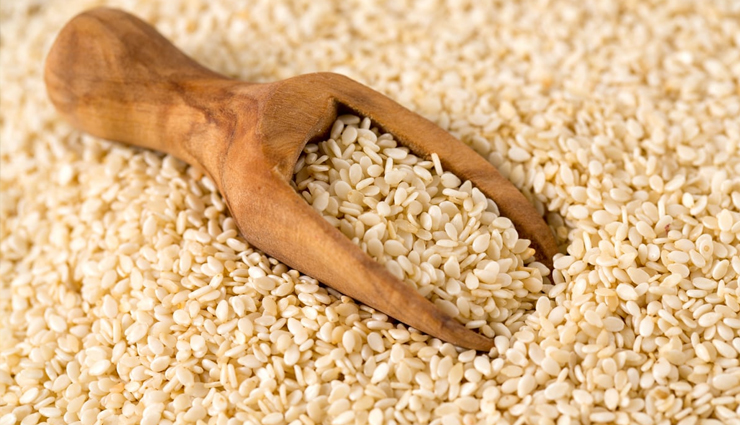
# Sesame Seeds
Sesame seeds, derived from the sesame plant, are small but mighty when it comes to nutritional value. They are not only rich in healthy fats, protein, and fiber but also provide a noteworthy amount of calcium. On average, 100 grams of sesame seeds contain about 975 milligrams of calcium. This makes sesame seeds an excellent plant-based source of calcium, offering even more calcium per gram than most dairy products.
Sesame seeds are versatile and can be used in various ways. They are commonly used in cooking, baking, and as a topping or seasoning for salads, stir-fries, and roasted vegetables. You can also enjoy sesame seed butter (tahini) as a spread or ingredient in sauces and dressings.

# Oranges
Oranges, known for their refreshing taste and high vitamin C content, also contribute to your calcium intake, albeit in smaller amounts compared to other calcium-rich foods. On average, a medium-sized orange (approximately 154 grams) contains around 52 milligrams of calcium. While this may not provide a significant portion of your daily calcium needs, oranges offer various other health benefits and can be part of a balanced diet. Oranges are an excellent source of vitamin C, which plays a crucial role in immune function, collagen synthesis, and antioxidant protection. They are also a good source of dietary fiber, folate, and other essential nutrients.
To incorporate oranges into your diet and maximize their nutritional benefits, you can enjoy them as a refreshing snack, use their juice in smoothies or as a base for marinades, or add orange segments to salads and desserts.
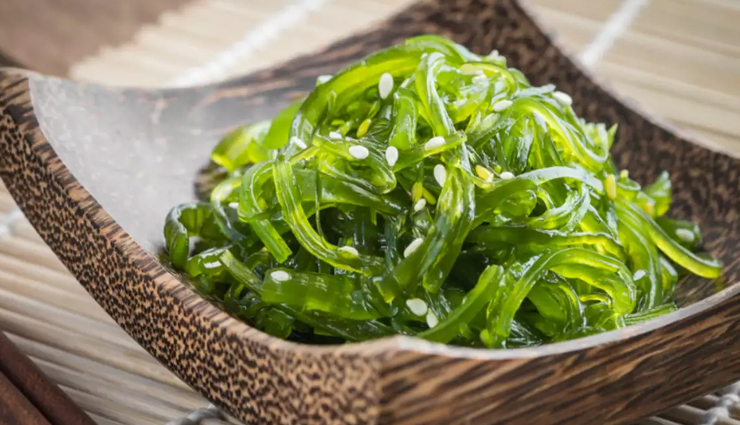
# Seaweed
Seaweed, a term that encompasses various types of marine algae, is a nutrient-dense food that offers several health benefits, including being a good source of calcium. The calcium content in seaweed can vary depending on the specific type and preparation. On average, dried seaweed can contain about 1,300 to 2,500 milligrams of calcium per 100 grams. However, it's important to note that the typical serving size of seaweed is much smaller, usually a few grams, which would provide a smaller amount of calcium accordingly.
Seaweed is not only rich in calcium but also contains other essential minerals such as iodine, iron, magnesium, and potassium. It is also a source of vitamins, dietary fiber, and antioxidants.
There are several types of seaweed commonly consumed, including nori, kelp, wakame, and dulse, among others. Seaweed can be used in various culinary preparations, such as sushi rolls, salads, soups, and stir-fries. Additionally, seaweed-based products like seaweed snacks and dried seaweed flakes are readily available in many markets.
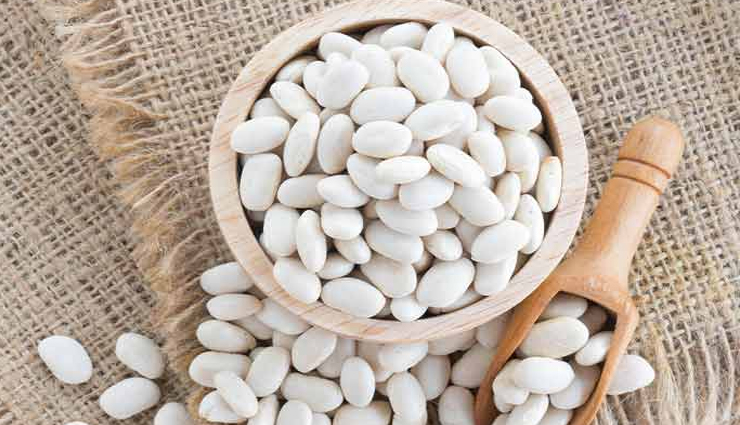
# White Beans
White beans, also known as navy beans or cannellini beans, are a nutritious and versatile legume that can contribute to your calcium intake. On average, 100 grams of cooked white beans contains about 80 milligrams of calcium. While this may not provide a large amount of calcium compared to other sources, white beans offer various other health benefits and are a valuable addition to a balanced diet.
White beans are an excellent source of dietary fiber, plant-based protein, and complex carbohydrates. They are also low in fat and provide important nutrients like iron, magnesium, and potassium.
To incorporate white beans into your diet, you can use them in a variety of recipes. They can be added to soups, stews, salads, and casseroles or mashed and used as a base for spreads and dips.
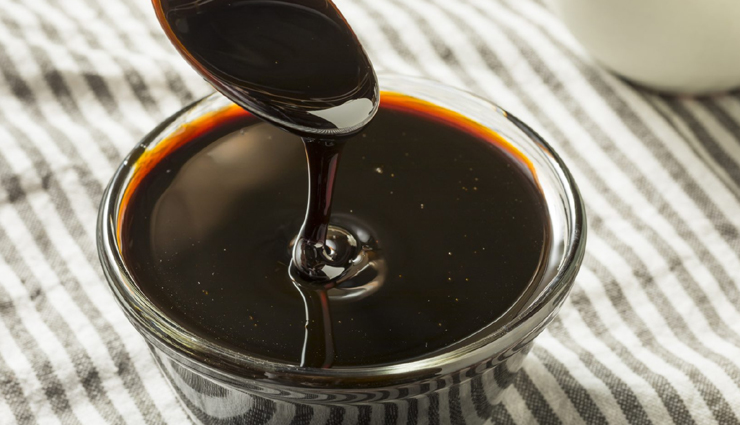
# Blackstrap Molasses
Blackstrap molasses is a thick, dark syrup that is produced as a byproduct of sugar refining. On average, 100 grams of blackstrap molasses contains about 205 milligrams of calcium. This makes blackstrap molasses a relatively good source of calcium compared to other sweeteners. In addition to calcium, blackstrap molasses also provides other nutrients, including iron, magnesium, potassium, and various vitamins. It is often praised for its high content of iron and has been used as a dietary supplement to support iron levels in some cases.
Blackstrap molasses has a distinctive flavor that is both sweet and slightly bitter. It is commonly used as a natural sweetener in baking, marinades, sauces, and desserts. It can also be added to hot beverages like tea or used as a topping for pancakes and waffles. While blackstrap molasses can contribute to your calcium intake, it's important to keep in mind that it is still a concentrated source of calories and should be consumed in moderation.





